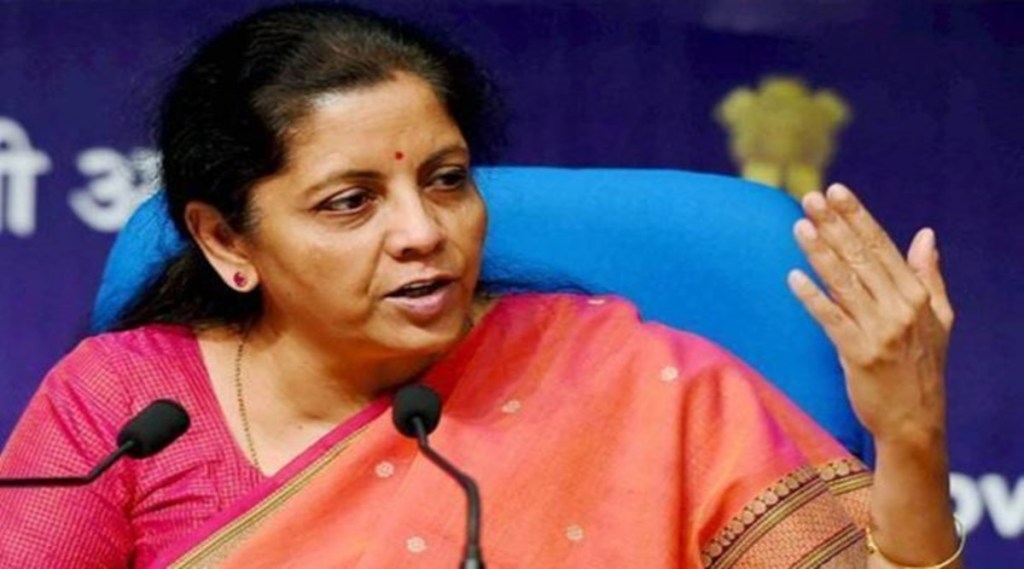The Reserve Bank of India (RBI) said that cryptocurrencies are not a currency because every modern currency needs to be issued by the Central Bank or the government. “Further, the value of fiat currencies is anchored by monetary policy and their status as legal tender,”Nirmala Sitharaman, Union Finance Minister, in a written reply to the Lower House, stated, at the 17th Lok Sabha Monsoon session.
However, the value of cryptocurrencies rests solely on the speculation and expectations of high returns that are not well anchored, so it will have a de-stabilising effect on the monetary and fiscal stability of a country.
The remark came in response to a question tabled in Lok Sabha on Monday pertaining to guidelines by the Centre on digital currencies. Sitharaman replied to the question raised by Thirumavalavan Thol, member of parliament Chidambaram Lok Sabha seat, about buying, selling and circulation of cryptocurrencies in India during the last ten years.
“Anti-Money Laundering (AML), Combating of Financing of Terrorism (CFT), obligations under Prevention of Money Laundering Act (PMLA), 2002, etc. in addition to ensuring compliance with relevant provisions under Foreign Exchange Management Act (FEMA) for overseas remittances,” Sitharaman stated. RBI has been cautioning users, “that dealing in Virtual Currencies (VCs) is associated with potential economic, financial, operational, legal, customer protection and security related risks,” she said.
Responding to the concerns raised by the RBI over the impact of cryptocurrencies on the Indian economy, Sitharaman recounted the central bank’s that digital currencies “will have a de-stabilising effect on the monetary and fiscal stability of a country”.
Furthermore, “RBI, vide its circular dated May 31, 2021, has also advised its regulated entities to continue to carry out customer due diligence processes for transactions in VCs, in line with regulations governing standards for know your customer (KYC), anti-money laundering (AML), combating of financing of terrorism (CFT), obligations under Prevention of Money Laundering Act (PMLA), 2002, etc., in addition to ensuring compliance with relevant provisions under Foreign Exchange Management Act (FEMA) for overseas remittances,” Sitharaman said.
However, an effective cryptocurrency ban will require international collaboration, “Cryptocurrencies are by definition borderless and require international collaboration to prevent regulatory arbitrage. Therefore, any legislation for regulation or for banning can be effective only after significant international collaboration on evaluation of the risks and benefits and evolution of common taxonomy and standards,” Sitharaman noted.
As per the new laws introduced in the Budget session and implemented from July 1, profits from trading of cryptocurrency and other digital assets, for example non-fungible tokens (NFT) will now attract a tax of 30%, while every crypto transaction will attract a 1% tax deducted at source (TDS).

